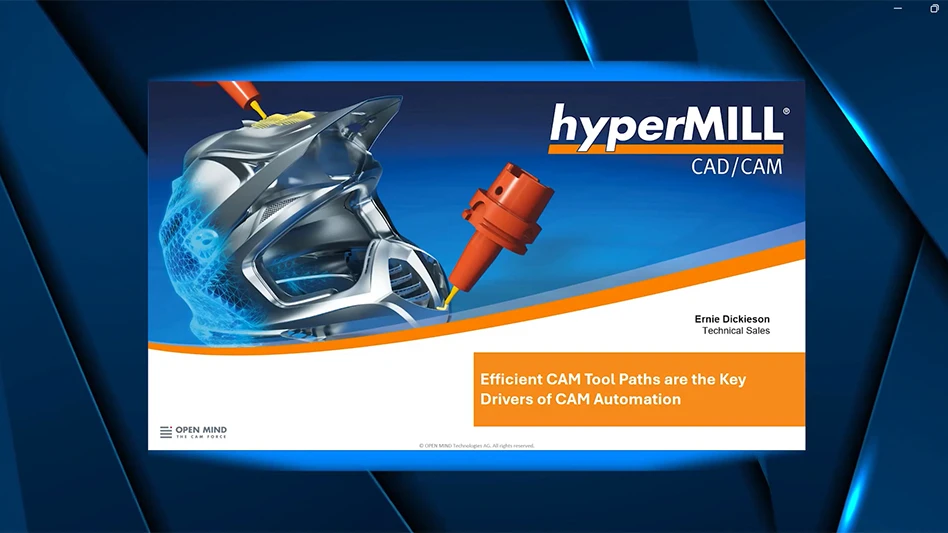In April of 2009, the House and Senate will be asked to vote on one of the most anti-business and anti-employee proposals to come before our Congress in many years. This mis-named proposal, the “Employee Free Choice Act” is commonly called “Card Check.” This proposed legislation would end a workers right to a private ballot election by replacing current law, in place for over 70 years, with an easily abused “Card Check” system. The proposal would also deny management the opportunity to respond to organizing efforts by unions that usually include mis-information and promises that can’t be kept.
Under current procedures, union organizers petition the National Labor Relations Board (NLRB) to hold a secret ballot organizing election under NLRB supervision. A successful petition must include a “showing of interest” from at least 30% of the proposed bargaining unit and is ordinarily determined by having employees sign union cards.
Once the “showing of interest” has been established, the NLRB pushes for the election within 42 days of the filing of the union’s petition. To prevail, a union must receive at least 50% plus 1 of the votes. All voting is done with a secret ballot and supervised by the NLRB. The process is fair to both sides and unions win most of the elections.
The Card Check Legislation would remove the requirement for a secret ballot election. Instead, union recognition would occur merely by showing that 50% of workers had signed union cards. This would eliminate the ability of companies to make their case to employees during the few “campaigning” days between the filing of the petition and the election. This could also subject employees to coercion and intimidation by union representatives.
Along with repudiating the secret ballot election, Card Check Legislation would also destroy the “bedrock principal” of management-labor relations: voluntary agreement on a contract.
When a bargaining unit has been established, without a secret election, negotiations for a first contract would have to begin within 10 days. If, after 90 days, there is no contract, a federal mediator would be called in. Then, if there were still no contract after 120 days, binding arbitration would be held with the arbitrator mandating a 2-year contract. This means someone with little knowledge of your business and employees will make decisions on hourly wage rates, overtime, holidays, health insurance, vacation and other key company policies.
I believe the Card Check Legislation, if enacted, will force American jobs overseas. As a nation, we need to promote strategies that encourage manufacturing in our country and not strategies such as “Card Check Legislation” that will discourage manufacturing here and threaten American jobs.
If you’re concerned about a strong manufacturing environment in the United States and job security for American workers, contact your Congressmen and Senators and encourage them to vote against this proposal. If passed this culd be the most anti-business and anti-employee legislation passed by our Congress in decades.
Best regards,
John A. McFarland
Chairman & CEO
Baldor Electric Company
Get curated news on YOUR industry.
Enter your email to receive our newsletters.

Explore the March 2009 Issue
Check out more from this issue and find your next story to read.
Latest from Aerospace Manufacturing and Design
- Lithuanian airline Jump Air orders 20 ERA aircraft
- Last call for July’s medical manufacturing Lunch + Learn!
- Piper Aircraft receives its largest ever domestic trainer order
- Miniature, high force-to-size linear voice coil servo motor
- MagniX, Robinson to develop battery electric R66 helicopter
- Zero-point clamping modules
- Hartzell electric engine propeller earns FAA approval for AAM
- Thin profile flame and thermal barrier





